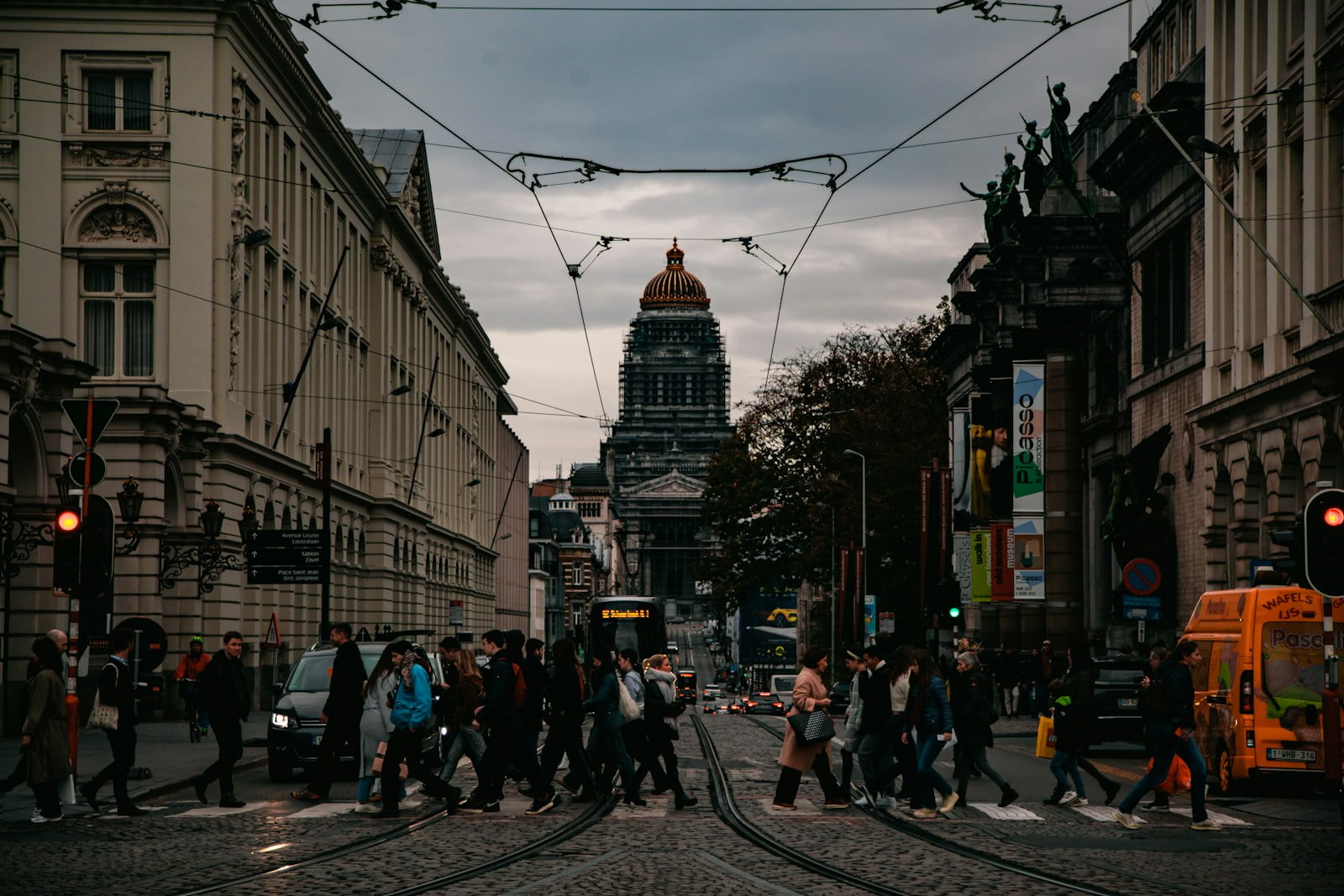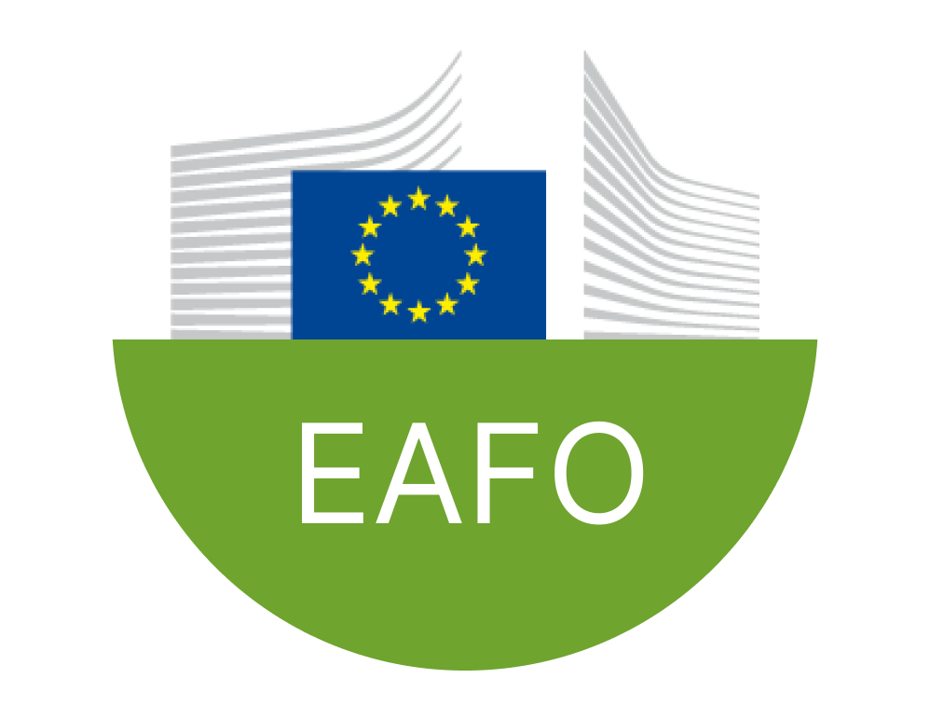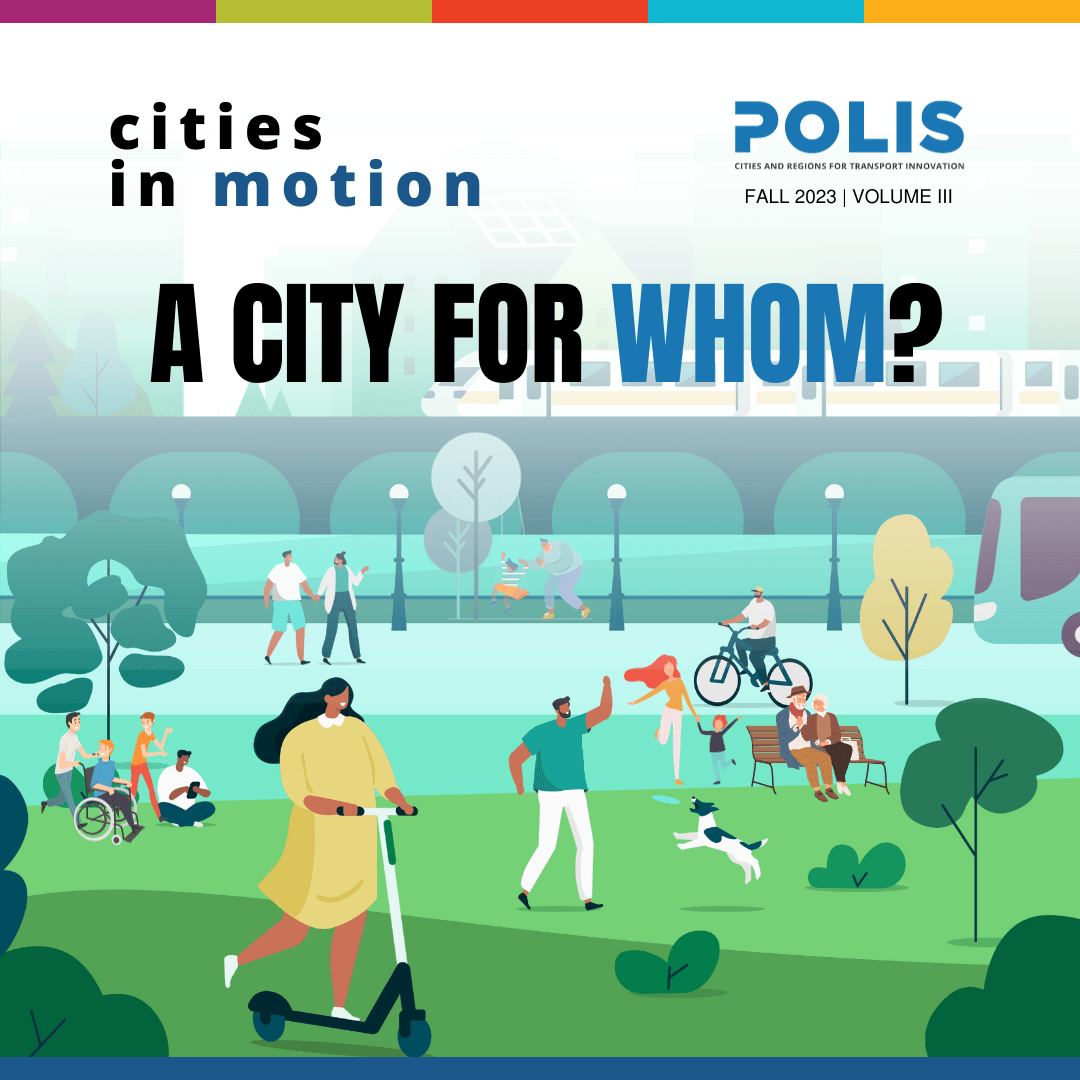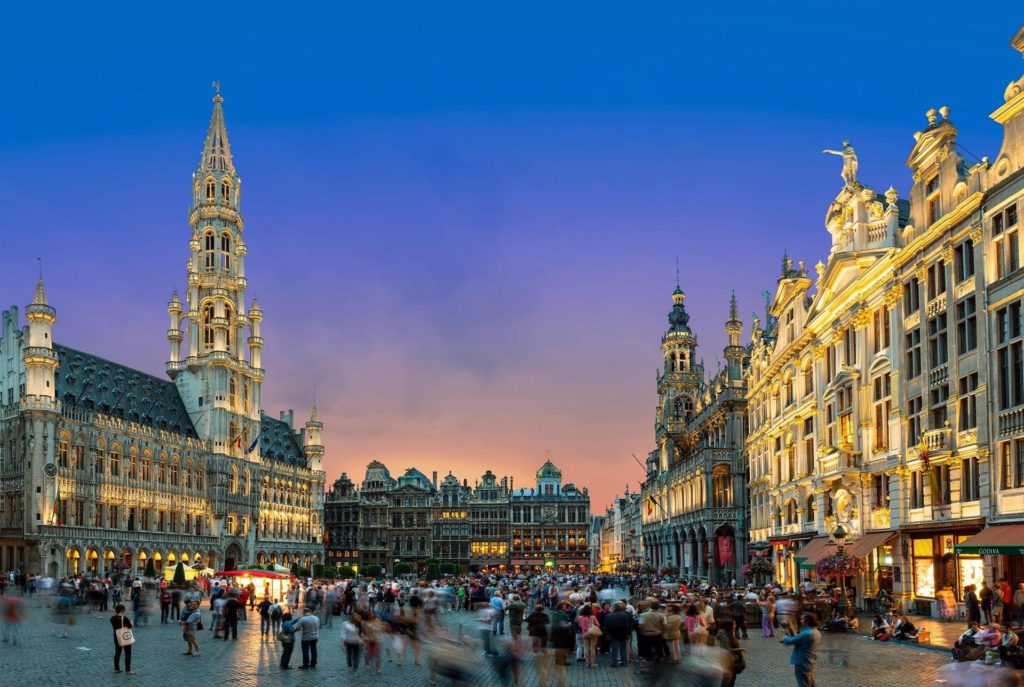Brussels Low Emission Zone credited with improving local air quality
Recent monitoring by Brussels Environment shows a decrease in key air pollutants in Brussels, and, for the first time, a reduction of up to 30% in NO₂ since 2018 along the city's main roads. What explains the decrease? According to the environment and energy agency responsible for the monitoring, much of the credit is owed to the implementation of the Brussels Region Low Emission Zone (LEZ).
Air pollution is a major public health problem in Brussels, as well as in Europe's other major cities. According to the latest report from the European Environment Agency, exposure to PM2.5, NO2 (nitrogen dioxide) and O3 (ozone) caused 5330 premature deaths in 2020 in Belgium alone. Exposure to pollutants is also responsible for a range of diseases and associated public health costs.
In the Belgian capital, this pollution comes largely from road traffic. To combat this problem, the regional government introduced a Low Emission Zone (LEZ) in 2018. This is clearly bearing fruit: the latest monitoring of the LEZ, authored by Brussels Environment, shows that since its introduction, the LEZ has reduced NO concentrations by up to 30% along the capital's main roads. Similar and even greater reductions were observed for other pollutants. By gradually removing the most polluting vehicles from the road, the LEZ therefore makes a major contribution to improving air quality and the health of Brussels' residents.
Impact on fleet and air quality
The Brussels Region LEZ is transforming the car fleet on the capital's road: between June 2018 and September 2022, the share of diesel vehicles on the road was almost halved. In addition, the latest milestone – a ban on Euro 2022 diesel cars, vans, and (mini)buses – has virtually removed the latest generation of diesel vehicles from the road. As many of these vehicles do not have a particulate filter, their exclusion has led to a significant improvement in the environmental performance of Brussels' road traffic, including reductions in emissions of NOx, PM 2.5, and black carbon (by 31%, 30% and 62%, respectively).
For the first time since the implementation of the LEZ, reductions in NO2 concentrations up to 30% were observed along the most trafficked routes. These estimates were carried out as part of a project of the Université Catholique de Louvain, funded by Bloomberg Philanthropies. Brussels Environment's network of stations, which measures the actual concentrations of pollutants, confirms these findings. In fact, in 2022, for the third year in a row, all stations met the European annual standard of 40 μg/m³ for NO2. '
Even so, the measured concentrations are still well above the value of 10 μg/m³ recommended by the World Health Organization (WHO). Therefore, continued efforts to protect the health of the inhabitants are justified.
Perspectives and accompanying measures
The objective of the Brussels Region is to move towards compliance with the WHO standard by 2030 and ensure compliance with European standards throughout the territory. To this end, the Brussels Region has planned to gradually strengthen the LEZ until 2035.
The next milestone of the LEZ, set to be achieved in 2025, will extend restrictions not only to Euro 5 diesel and Euro 2 petrol cars but also to trucks, two-wheelers, tricycles and motor quadricycles. This provision is hoped to have a positive effect on NOx emissions, as cars that will still be able to drive from this date are estimated to emit 40% less NOx than cars that will be banned. It will likely also have a positive impact on fine particulate matter (PM), especially that emitted by diesel vehicles. The phase-out of all internal combustion engine (ICE) vehicles – with the exception of heavy goods vehicles and coaches – is scheduled for 2035.
'Guaranteeing the right of Brussels residents to breathe healthy air is one of my priorities. In Brussels, the Low Emission Zone improves the quality of the air we breathe every day. According to recent analyses, the gradual phase-out of thermal energy will allow us to avoid 110 premature deaths per year and €300 million in healthcare costs. I want this transition to less polluting mobility to take into account the situation of all Brussels residents, especially the most vulnerable. That's why, together with the government, we are developing public transport and supporting households and businesses that opt for more sustainable mobility.'
Alain Maron, Brussels Minister for the Environment and Climate Transition
To support the implementation of the LEZ, the Brussels Region is proposing several support measures:
- Almost 20% of the regional budget is invested each year in improving the offer, quality, and frequency of regional public transport.
- The Bruxell'Air Premium has been strengthened and offers many alternatives to the car for households that part with their vehicle.
- The LEZ premium encourages the purchase of less polluting vans for micro- and small businesses.
- Facilitators advise companies and individuals in their transition to more sustainable mobility.
- 4,000 charging points for electric vehicles are available in Brussels so the majority of Brussels households have a charging point less than 150m from their homes.
- A series of calls for projects are being organised to encourage the deployment of charging hubs, sustainable logistics projects, and less polluting taxis, as well as more inclusive car-sharing.
Read the full report by Brussels Environment here (available in French and Dutch).






